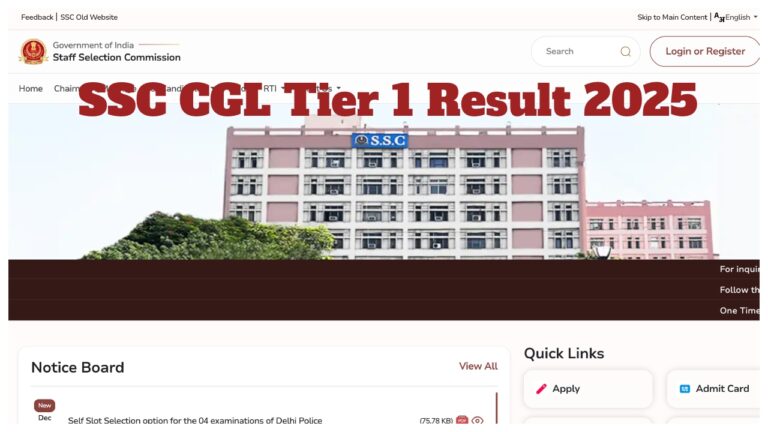The announcement of the Eighth Pay Commission has restarted the debate on salary hikes for central government employees. Shiv Gopal Mishra, Secretary of the National Council-Joint Consultative Machinery (NC-JCM), shared his views on the fitment factor for the new pay commission. He believes the fitment factor should be at least 2.57, the same as in the Seventh Pay Commission, or even higher. He feels it should not be lower than the rate set in the previous Pay Commission.
What is the Fitment Factor?
The 8th Pay Commission was announced in January last year and is scheduled to begin in January 2026. It will review the pay and allowances of around 50 lakh central government employees and 65 lakh pensioners.
The recommendations of the 7th Pay Commission were implemented in 2016. However, with the rising cost of living, Mishra’s call for a higher fitment factor has gained more importance. At a time like this, you might be wondering: What exactly is the fitment factor, and how much can it increase?
The fitment factor plays a crucial role in determining the basic pay and pension for government employees. For example, if the 8th Pay Commission uses a fitment factor of 2.57, central employees’ salaries will increase by 157%. This happened in 2016 when the 7th Pay Commission raised the minimum pay from ₹7,000 to ₹18,000.
This time, if the 8th Pay Commission adopts Mishra’s proposed fitment factor of 2.57, the minimum pay of central employees will increase from ₹18,000 to ₹46,260. The minimum pension will also rise from ₹9,000 to ₹23,130.
However, if a fitment factor of 1.92 is applied, the salary will be ₹34,560 and the pension will be ₹17,280, reflecting a 92% increase. If the fitment factor is raised to 2.86, the salary will increase to ₹51,480 and the pension to ₹25,740, which represents a 186% increase. This would offer significant financial relief to employees and pensioners.
Why Does Mishra Want a Higher Fitment Factor?
Mishra explained that the 2.57 fitment factor used in the 7th Pay Commission was based on an older formula, which did not account for modern expenses such as the internet, education, healthcare, and other essentials. He believes that due to the rising cost of living, a higher fitment factor is necessary to help employees maintain a decent standard of living.
He also pointed out that under the Maintenance and Welfare of Parents and Senior Citizens Act, 2022, taking care of elderly parents is now both a moral and legal responsibility. This change in family responsibilities should also be taken into account when deciding the fitment factor.
Will the Fitment Factor Increase That Much?
With inflation and the cost of living on the rise, Mishra argues that the current fitment factor is insufficient to meet basic living expenses. However, former Finance Secretary Subhash Garg disagrees with Mishra’s request.
Garg believes that asking for a fitment factor of 2.86 is unrealistic. He predicts that the government may settle on a number closer to 1.92, as the government cannot afford such a large salary increase due to financial constraints.
How Do Employees Feel About This?
The final decision on the fitment factor for the 8th Pay Commission is still pending. There is a significant difference between Mishra’s demand for a higher fitment factor and Garg’s more cautious estimate.
Many central government employees support Mishra’s proposal, believing that the rising costs of internet, education, and healthcare justify a pay hike. “A fitment factor of 2.57 or more would bring much-needed relief,” said one employee.
However, others agree with Garg’s view, arguing that such a large increase may not be feasible, given the government’s financial situation.










